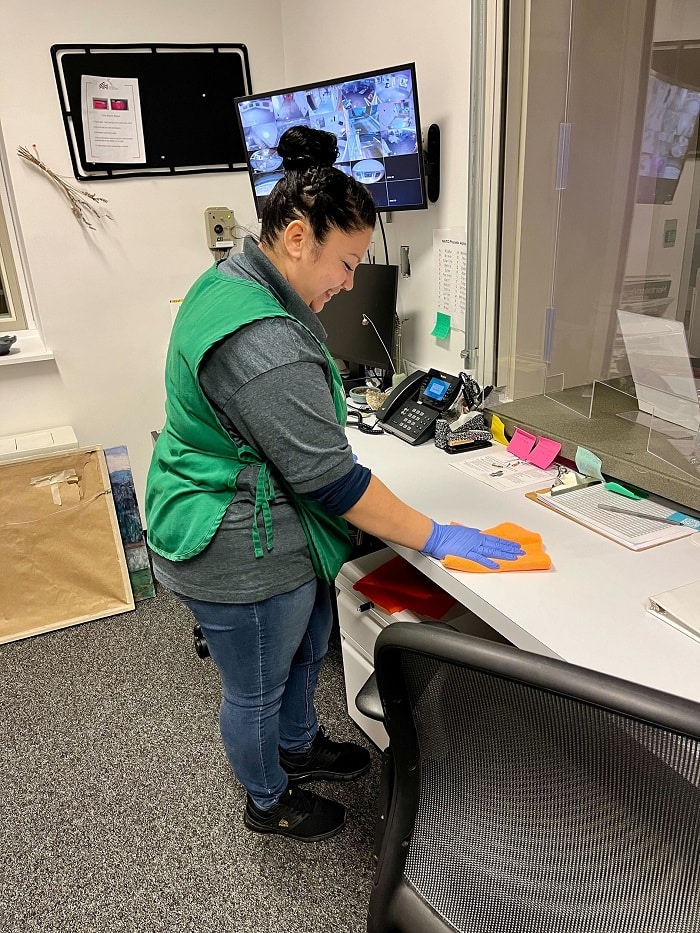Security-Conscious Cleaning Methods for Embassy Facilities

Embassies serve as critical hubs for international relations and are high-security environments that require specialized cleaning protocols to maintain both cleanliness and confidentiality. Given the sensitive nature of their operations, embassy cleaning methods must address security concerns as effectively as they address hygiene. This blog explores key practices for security-conscious cleaning in embassy facilities, ensuring that these diplomatic spaces remain spotless while upholding the utmost security standards.
Understanding the Unique Needs of Embassies
Embassy facilities are unique in that they often house sensitive documents, host high-profile international meetings, and are subject to stringent security regulations. Cleaning staff must navigate these requirements with a high degree of professionalism and discretion.
Implementing Security-Conscious Cleaning Protocols
1. Security Clearance for Cleaning Staff: All cleaning personnel should undergo thorough background checks and receive security clearance before being allowed to work in embassy environments. This ensures that only trusted individuals have access to sensitive areas.
2. Scheduled Cleaning During Off-Hours: To minimize interference with embassy operations and reduce the risk of eavesdropping or espionage, cleaning should be scheduled during off-hours when fewer staff and visitors are present. This also facilitates a more thorough cleaning process without distractions.
3. Use of Non-Recording Devices: Cleaning equipment should be verified to ensure it does not contain recording devices. This includes checking for unauthorized modifications to vacuum cleaners, floor buffers, and other electronic devices that could potentially be used for illicit surveillance.
4. Secure Storage of Cleaning Supplies: All cleaning agents and equipment should be stored in a secure area to prevent tampering. Access to these storage locations should be controlled and monitored.
5. Discrete Disposal of Sensitive Waste: Embassies often produce waste that contains sensitive information. Cleaning crews must be trained in secure waste disposal practices, ensuring that all potentially confidential materials are handled according to embassy policies, often requiring shredding or secure destruction.
6. Regular Security Training: Cleaning staff should receive regular training on the latest security protocols and best practices. This includes understanding how to handle unexpected situations, such as discovering unattended confidential documents or encountering security breaches.
7. Collaboration with Security Personnel: Cleaning teams should work closely with embassy security personnel to align cleaning protocols with overall security strategies. This collaboration ensures that cleaning operations are conducted without compromising the security of the facility.
Maintaining a Balance Between Cleanliness and Security
While security is a paramount concern, it should not detract from the level of cleanliness. Embassies must uphold an image of professionalism and order, and the cleanliness of the facilities reflects this. Regular audits and reviews of cleaning practices can help maintain this balance, ensuring that the environment is both secure and immaculately maintained.
Secure and spotless: trust WellNest Professional Cleaning for your embassy’s cleaning needs. We respect the sensitivity of your operations while providing impeccable cleaning services. Contact us today at (571) 749-2121 to ensure your embassy space is both clean and secure.